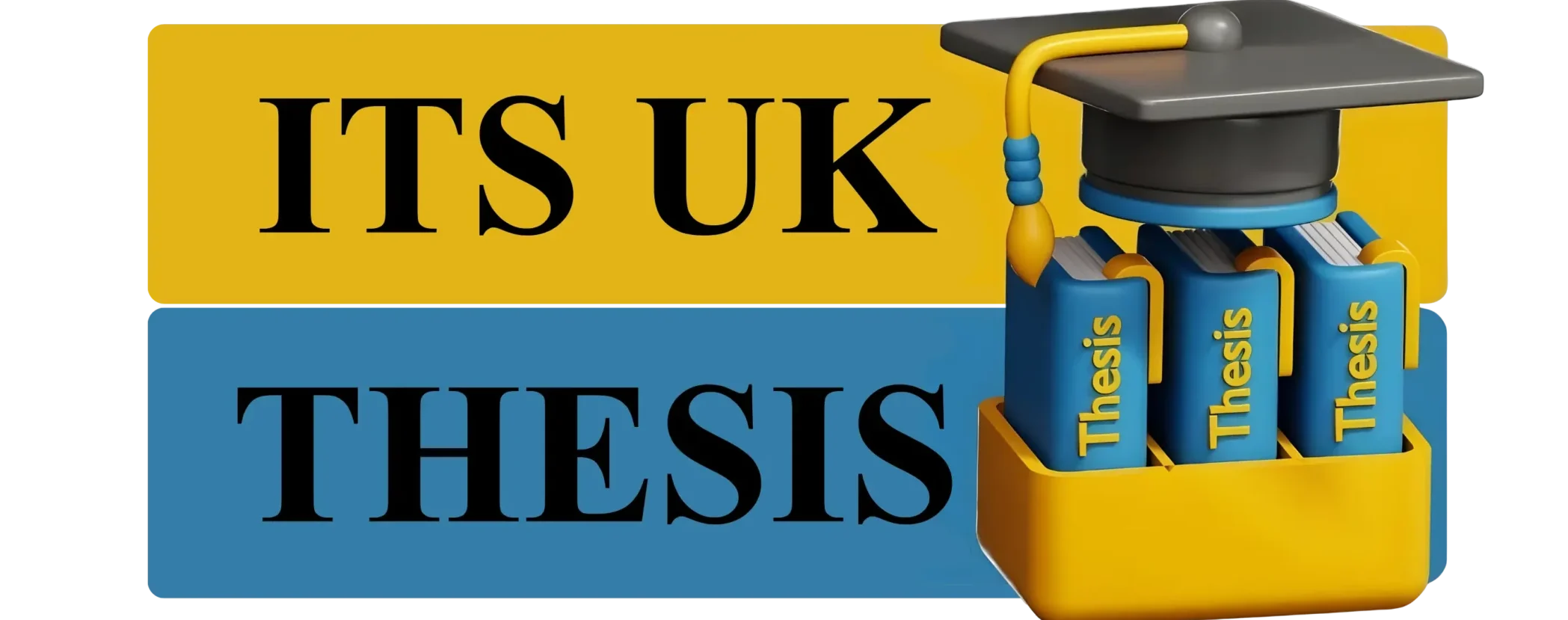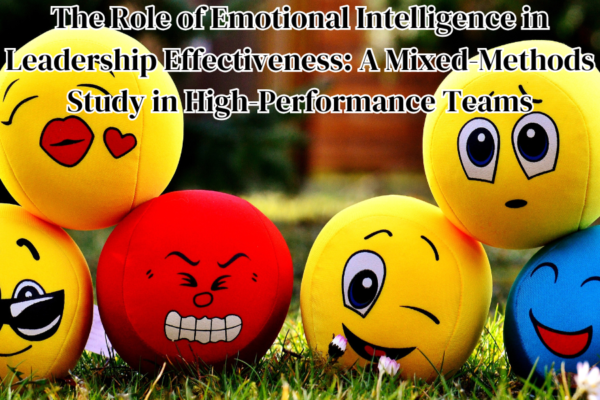Description
The Role of Emotional Intelligence in Leadership Effectiveness: A Mixed-Methods Study in High-Performance Teams
Abstract
The importance of emotional intelligence (EI) in leadership drawn more and more attention, especially in high-achieving teams. Successful teams depending on competent leadership as businesses work to stay competitive and adjust to changing conditions. Leaders needs to acquire EI that especially including the competence to command one’s self passions. Also figure out among others, specifically in the scenarios of high stress.
The persistence of research is to notably explore correlation concerning the leadership effectiveness and EI in high-performance teams. The main goal is to comprehend which particular Emotional Intelligence (EI) competencies improving leadership behaviors. For example, some of them are communication, decision-making, conflict resolution, and unity among teammates. The study looking at how both leadership and emotional intelligence results are related to offer organizations useful information for enhancing their leadership development initiatives. By utilizing a mixed-methods approach, the research question is addressing. High-performing teams from a range of industries are given surveys as part of the quantitative component to determine how leaders’ emotional intelligence levels relating to team performance indicators like creativity moreover productivity, and also teamwork. The qualitative method including in-depth interviews with leaders and team members, which offering more profound understanding of how EI affecting team dynamics as well as leadership behaviors.
Initial results indicating that improved team performance, particularly in the areas of cooperation, moreover creativity, and problem-solving, is positively correlated with leaders who possess greater levels of EI. Better decision-making moreover communication, and conflict-resolution abilities are frequently displaying by leaders with high EI, which strengthening team cohesiveness and also promoting success in general. However, the study emphasizing EI is crucial for effective leadership, especially in high-performing teams. Organizations must include the development of EI in their leadership training programs. To create more cohesive and profitable teams in demanding situations, businesses should enhance relationships, decision-making, and operational results by cultivating the EI competencies in their leaders.
Read more about the topic
The Role of Emotional Intelligence in Leadership Effectiveness
Emotional Intelligence And Inspirational Leadership: Fostering Resilience In High Performance Teams
View Other Projects on Emotional Intelligence in Leadership Effectiveness
Leadership and Innovation in Healthcare: A Mixed-Methods Approach to Organizational Change








Reviews
There are no reviews yet.